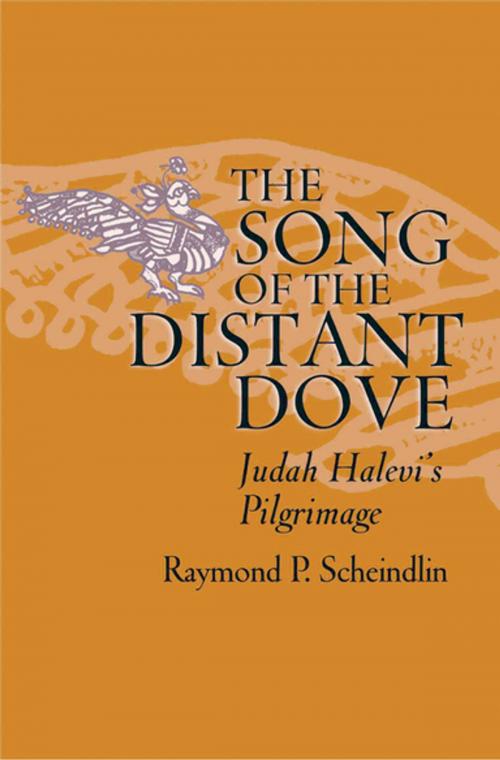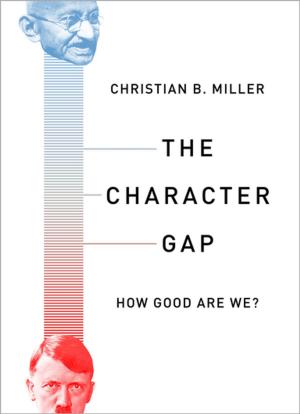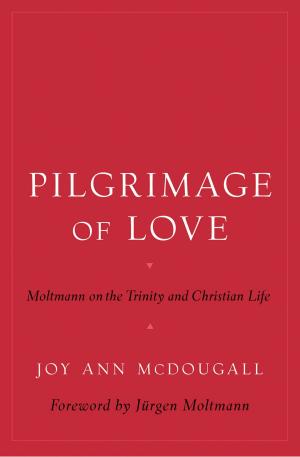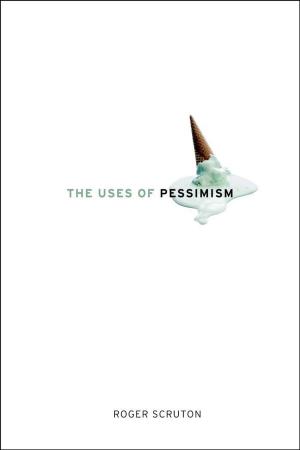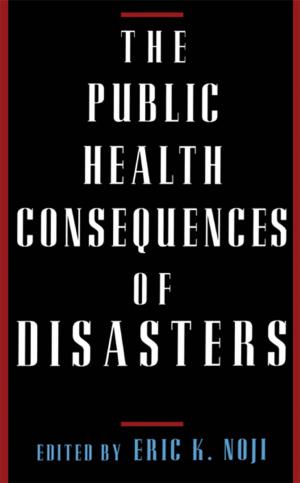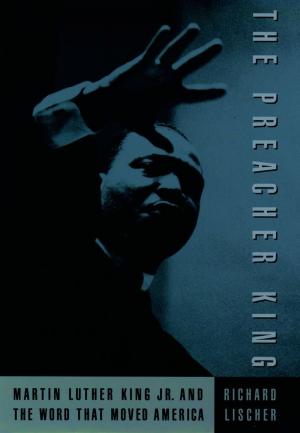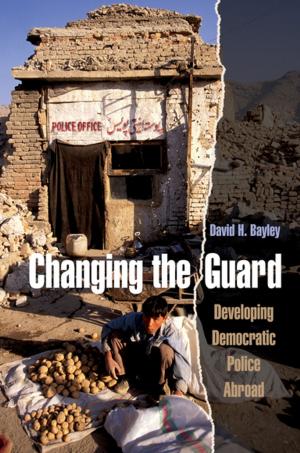| Author: | Raymond P. Scheindlin | ISBN: | 9780199886319 |
| Publisher: | Oxford University Press | Publication: | December 14, 2007 |
| Imprint: | Oxford University Press | Language: | English |
| Author: | Raymond P. Scheindlin |
| ISBN: | 9780199886319 |
| Publisher: | Oxford University Press |
| Publication: | December 14, 2007 |
| Imprint: | Oxford University Press |
| Language: | English |
Judah Halevi (ca. 1075-1141) is the best known and most beloved of medieval Hebrew poets, partly because of his passionate poems of longing for the Land of Israel and partly because of the legend of his death as a martyr while reciting his Ode to Zion at the gates of Jerusalem. He was also one of the premier theologians of medieval Judaism, having written a treatise on the meaning of Judaism that is still studied and venerated by traditional Jews. As a member of the wealthy Jewish elite of medieval Spain, Halevi enjoyed the material pleasures available to the upper classes. Alongside his sacred poetry, he wrote verses about youthful romance, wine songs, and odes to his friends. In midlife, Halevi turned more seriously to religion, eventually abandoning his family and community with hopes of ending his life as a pilgrim in the land of Israel. Miraculously, a number of letters in Arabic were discovered about fifty years ago, some written by Halevi, some written to Halevi, and yet others written about Halevi by his friends in Egypt. These letters preserve a vivid record of Halevi's travels as a pilgrim and of the last months of his life. Raymond Scheindlin has written the first book-length treatment of Halevi's pilgrimage in any language. He tells the story of Halevi's journey through selections from these revealing sources and explores its meaning through discussions of his stirring poetry, presented here in new verse translations with full commentary. In Hebrew verse of unparalleled beauty, Halevi salutes the Holy Land; he argues with friends about his intentions; he sets out his fantasy of crossing the ocean, of walking the hills and valleys of the Land of Israel, and of dying and mingling his bones with its soil and stones. He even confides his secret fears and uncertainties, his longing for his family, and his fear of death at sea. With his consummate skill as a translator of Hebrew poetry and his mastery of Judeo-Arabic culture, Scheindlin provides fresh insights into the literary, religious, and historical facets of Halevi's captivating poetry and fateful journey.
Judah Halevi (ca. 1075-1141) is the best known and most beloved of medieval Hebrew poets, partly because of his passionate poems of longing for the Land of Israel and partly because of the legend of his death as a martyr while reciting his Ode to Zion at the gates of Jerusalem. He was also one of the premier theologians of medieval Judaism, having written a treatise on the meaning of Judaism that is still studied and venerated by traditional Jews. As a member of the wealthy Jewish elite of medieval Spain, Halevi enjoyed the material pleasures available to the upper classes. Alongside his sacred poetry, he wrote verses about youthful romance, wine songs, and odes to his friends. In midlife, Halevi turned more seriously to religion, eventually abandoning his family and community with hopes of ending his life as a pilgrim in the land of Israel. Miraculously, a number of letters in Arabic were discovered about fifty years ago, some written by Halevi, some written to Halevi, and yet others written about Halevi by his friends in Egypt. These letters preserve a vivid record of Halevi's travels as a pilgrim and of the last months of his life. Raymond Scheindlin has written the first book-length treatment of Halevi's pilgrimage in any language. He tells the story of Halevi's journey through selections from these revealing sources and explores its meaning through discussions of his stirring poetry, presented here in new verse translations with full commentary. In Hebrew verse of unparalleled beauty, Halevi salutes the Holy Land; he argues with friends about his intentions; he sets out his fantasy of crossing the ocean, of walking the hills and valleys of the Land of Israel, and of dying and mingling his bones with its soil and stones. He even confides his secret fears and uncertainties, his longing for his family, and his fear of death at sea. With his consummate skill as a translator of Hebrew poetry and his mastery of Judeo-Arabic culture, Scheindlin provides fresh insights into the literary, religious, and historical facets of Halevi's captivating poetry and fateful journey.
